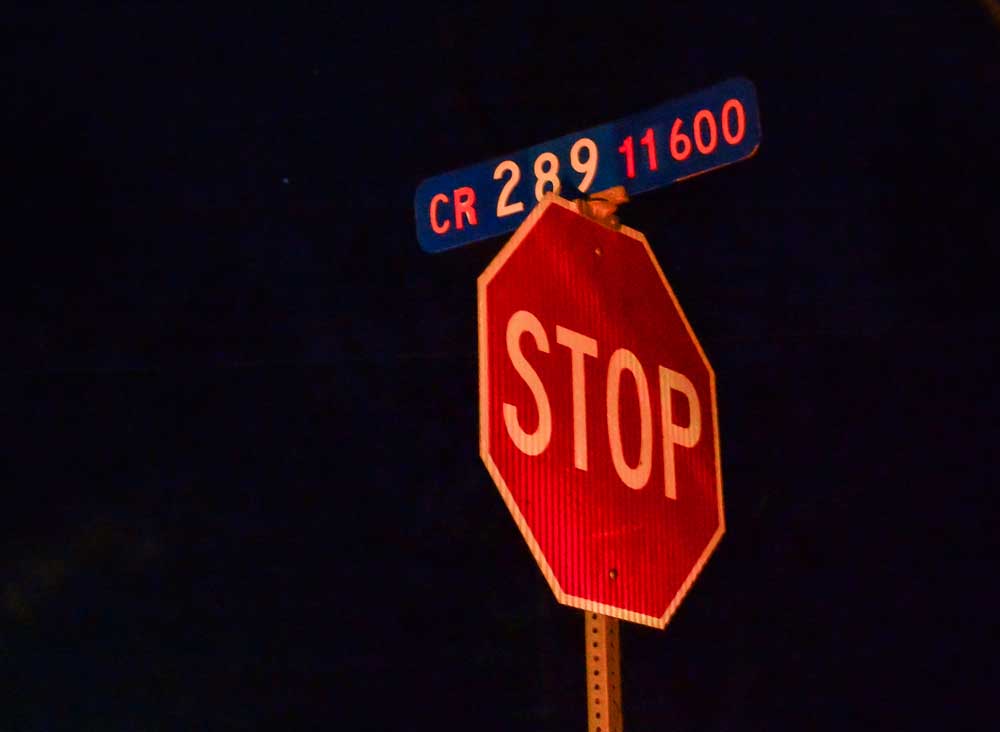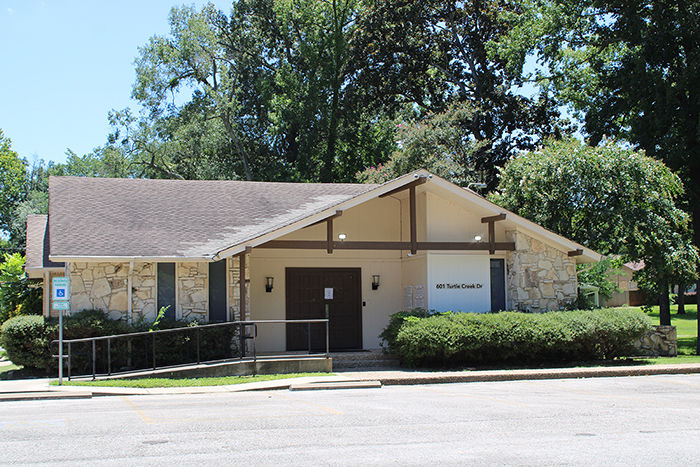Bad decisions have bad consequences
Published 7:51 pm Tuesday, March 17, 2015
A new book has revived the debate about how behavior and poverty are linked. Whether behavior and bad decisions — dropping out of school, having children outside of marriage, substance abuse — are the cause of poverty, or a result of poverty — is almost beside the point.
What truly matters here is that our culture is extremely uncomfortable with even the idea of calling some decisions “bad.” That’s a value judgment, and we don’t like value judgments in this day and age.
Trending
Robert Putnam’s new book, “Our Kids,” is a sociological study of two groups — the children of college-educated parents and the children of those who have only high school educations. The study shows a deep divide between the groups, marked by stories of broken homes and other pathologies. What’s more, many of the pathologies are now accepted by some communities as normal, even praise-worthy.
And the book has gotten the old debate fired up afresh.
“The baseline moral values of poor people do not, in fact, differ that much from those of the rich,” says the liberal New Republic. “Poor people feel ashamed of the incarceration of relatives. The poor, too, want to get married at roughly the same rates as the rich, though the rich have an easier time pulling it off. Matrimonial aspirations, then, are decaying no faster among the poor than the well-off; it’s only the ability to maintain a marriage under the stressors of poverty that seems to put poor families on unsteady ground.”
As the magazine notes, there’s a tendency to ask too much of the poor.
“Morality should teach us how to live a good life,” it says. “But to impose the easy virtue of the well-to-do on the poor is to request the most stressed and vulnerable members of society to display impossible moral heroism. To abstain from relationships, sex and childbirth until financially secure enough to raise a child without assistance would mean, for many, a life of celibacy; to pour limited resources into education in order to score a respectable job would mean failing to make rent.”
But here’s where the left’s case falls short. Bad decisions do lock many families into poverty — they do matter. And, for lack of a better word, they’re bad.
Trending
David Brooks makes this case in the New York Times. He says we need to recall and revive social norms.
“These norms weren’t destroyed because of people with bad values,” he writes. “They were destroyed by a plague of nonjudgmentalism, which refused to assert that one way of behaving was better than another.”
Brooks goes on to claim, “we won’t have social repair unless we are more morally articulate, unless we have clearer definitions of how we should be behaving at all levels.”
There’s a lot of truth to that statement.
What we do know is that the War on Poverty has largely failed.
The New Republic says social programs, not social norms, are what we need.
But we’ve tried that, and have little to show for it.
Maybe we should try those social norms, now.







